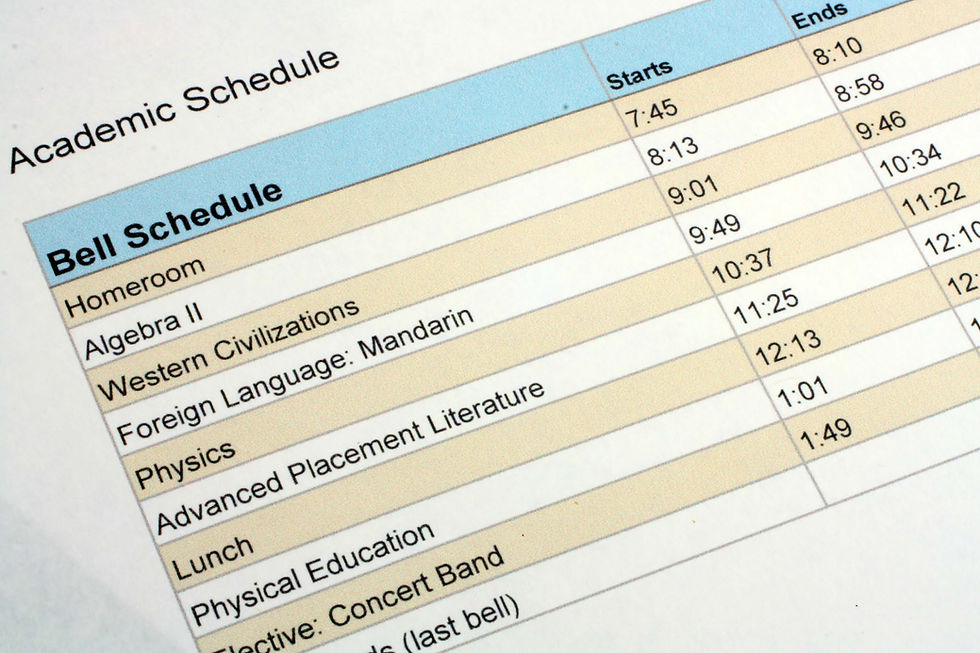The Dreaded "D" and the Wicked "W"
- Alison Merzel

- Jan 22, 2020
- 3 min read
Defer. Waitlist. Students and parents often use this language interchangeably, but they don't actually mean the same thing.
Technically, defer means that the schools is choosing to defer making a decision until a later date. It can be quite confusing, because at some schools, students have the option to defer (same word, different meaning) their admission to a future term - let's say, for example, an unforeseen event prevents you from being able to accept your offer of admission for the term of your original application. You can request to defer until the following year.
In the case of an admissions decision, however, a defer decision means that an an initial review of your application has been completed and the school is waiting to make a final decision on your application. While that outcome may not be what you want to hear, the good news is that you may still be able to provide updated information to help your chances. What can you do, you might ask? Take a very close look at your academic profile against the expectations of the school. Typically it is going to be your courses/grades and/or test scores that are holding you back in some way. Since spring semester is under way, you are already in the thick of your classes and can't necessarily make changes to impact your course schedule. However, you can continue working your butt off to secure the grades you need to improve your overall GPA and potentially your class rank as well. While class rank might not be something your high school uses or communicates to you, colleges and universities often rank students as a way to evaluate you against your classmates from the same school. Furthermore, if you think there is even the slightest chance that you could perform better on your ACT or SAT, it is probably a good idea to give it another shot. Schools are trying to manage their admissions statistics and it isn't going to hurt to show them a better test score.
If you are put on a waitlist, it is unlikely that there is anything you can do to change your outcome. Typically, a waitlist is used to manage enrollment - if enough students decline their offers of admission, new spots may open up for someone with your profile and the school can let you in. A waitlist decision might suggest that there are a lot of people who have similar application characteristics and the school can't take them all.
Colleges and universities are not only trying to determine which applicants will best achieve their enrollment objectives, but which ones are the most likely to come. They don't want to extend too many offers of admission, for fear that they will oversubscribe their freshman class (See what Virginia Tech had to do to try to mitigate this situation) and they don't want to admit too few students who, based on predictive models, may choose not to enroll. The list of students who is "on hold" gives the schools a bit of a safety net as they are receiving confirmations of acceptance and declinations.
At the end of the day, if your status goes from defer or waitlist to deny, that school was not the right one for you. I am a firm believer that there is more than one "right" school and that you will end up where you are supposed to be.



